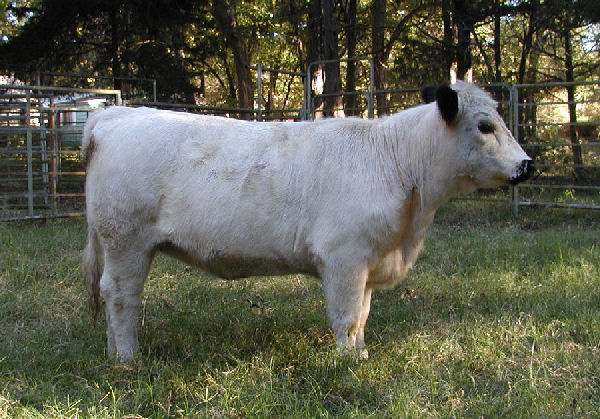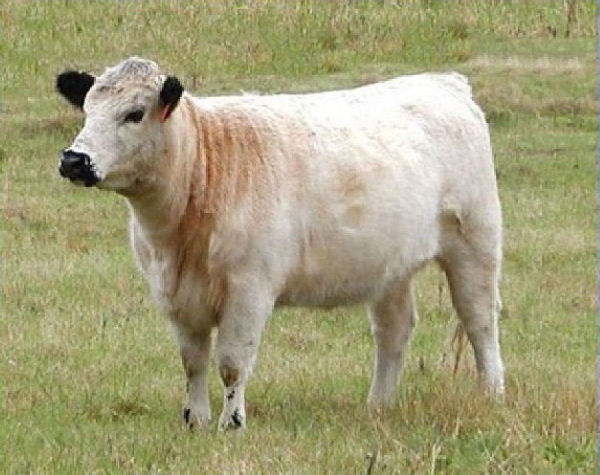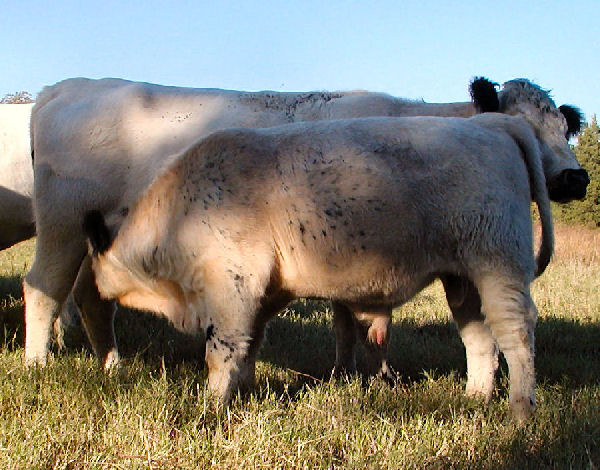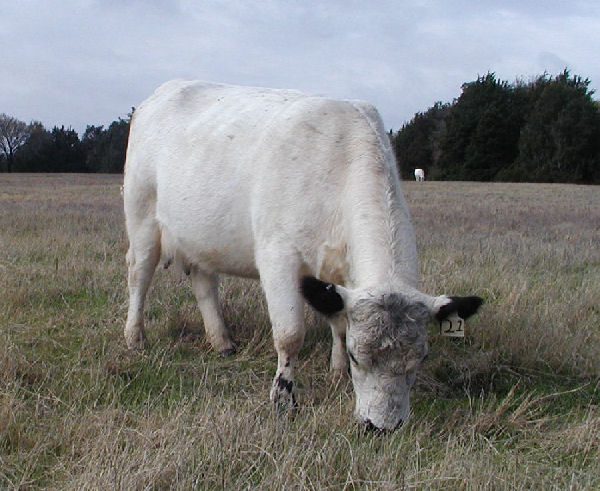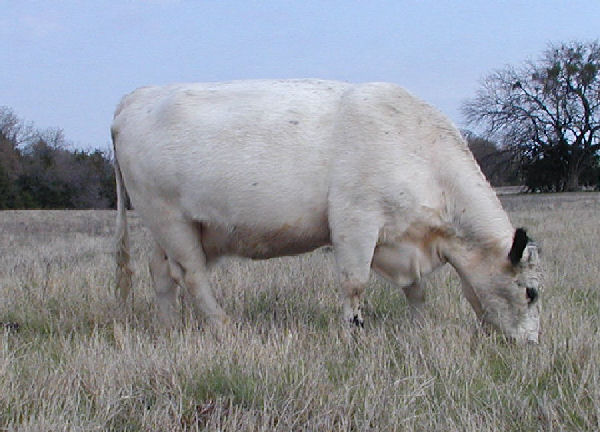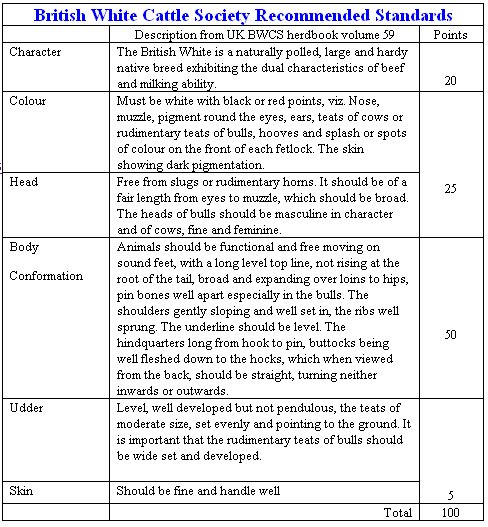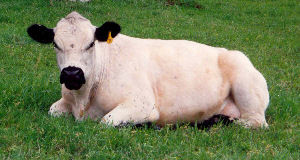British White Beef Cattle Breed Information and Resources.
Are you a first time farmer, rancher or cattle person looking for that first herd?
Please check out my research and experience to see why I believe there are many reasons why British White Cattle may be your best choice.
A beef cattle breed that is gentle and easy keeping makes farming and ranching a much more relaxed way of life. Gentle animals are not easily stressed and it helps them make better beef.
The goal of this website is to give you all the information we can gather about British White Beef Cattle needed to help you find and decide the British White breed really is a better beef cattle breed that is suitable for your special circumstances. British Whites are a very gentle and adaptable breed for all climates.
We have researched many avenues of information and tried to accumulate enough pertinent information in a more condensed manner for your use. We continually look for more and better information so if you don’t find what you are looking for on the first visit please bookmark this page and return often.
Many of these pages about British White Beef Cattle were written by a free lance writer who has not actually experienced the joy of raising or living with a gentle herd of British White Cattle.
- A-Breed-Apart
British White Cattle are A Breed Apart. Choosing a breed of cattle for your farm or ranch can be an extremely difficult task. There are many different breeds out there, and all of them have many positive attributes.
- Bottom-Line
Are You Looking For It On The Bottom Line? British Whites and Your Profit Margin. It may seem like ranchers lead an idyllic life, riding the range, and communing with nature as they tend to their herd. However, as every breeder and rancher knows, raising cattle is a business, and profits are what is really important.
- Breed-For-All-Seasons
You are through looking when you discover British White Cattle A Breed for all Seasons. Beef ranchers graze their cattle on some of the most unforgiving terrain in the world. Range land is generally range land because it is unsuitable for anything else, and while it often has good grass in some spots it can be rugged and wild in others.
- Breed-Standards
- Distinguished-By-History
British White Cattle are a breed distinguished by history. The British White is a breed that distinguishes itself in both the quality of its meat and the efficiency it offers ranchers, with good feed conversion, fertility, and ease of calving.
- Calving-And-Fertility
British White Cattle are excellent for Calving and Fertility. Ranchers are in the business of raising cattle for meat. A cow that does not produce a calf every twelve months is just a wasted expense; ranchers need to have cattle that produce calves each year in order to stay ahead in the beef industry.
- Cut Above
British White Beef is always A Cut above the Rest. The British White has a long and distinguished history. This breed has long been known to produce a very efficient carcass, with a carcass to live weight ratio of nearly 70%. Producing great beef is they principle goal of every rancher in the beef industry.
- Efficiency
Looking for Efficiency; Then you need British White Beef Cattle. Efficiency is a concept that all farmers are familiar with, especially given the difficulties facing the agricultural sector in the twenty-first century.
- Excellence-In-Calving
British White Cattle Exhibit Excellence-in-Calving. Every rancher both loves and dreads calving time. On one hand, breeders eagerly anticipate additions to their herds. Yet calving time often means sleepless nights and risking your investment with difficult births, and then facing the possibility that your first calf heifer may simply walk away from her calf.
- Gentle-And-Lean
British White Cattle are Gentle and Lean; as one breeder says they are Gentle for Show & Lean for Dough. Breeders have a tough job. They have to produce quality cattle that will enhance the value of their herd. To do so, they must choose a breed that shows well while at the same time produces quality meat with low overhead costs.
- Healthy-Choice
British White Cattle produce British White Beef That Is A The Healthy Choice. Today’s breeder or rancher has a lot to consider when selecting a breed for their operation. The breeder wants the most efficient and cost-effective cow available to minimize costs, which equates to maximized profits.

